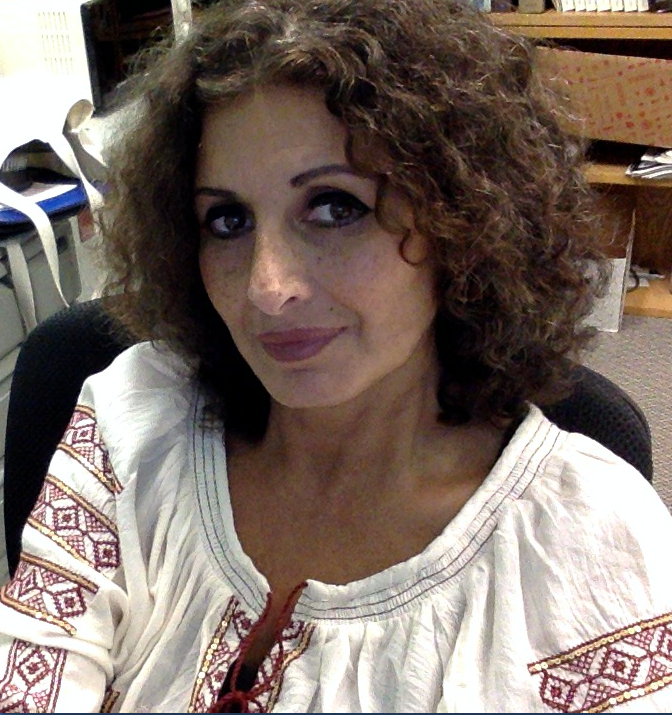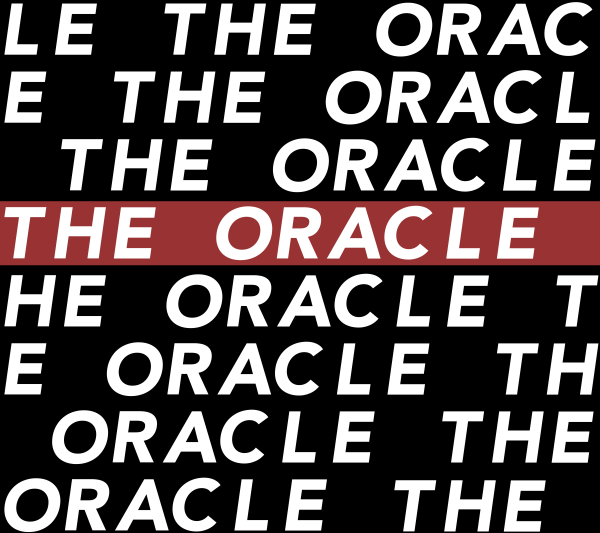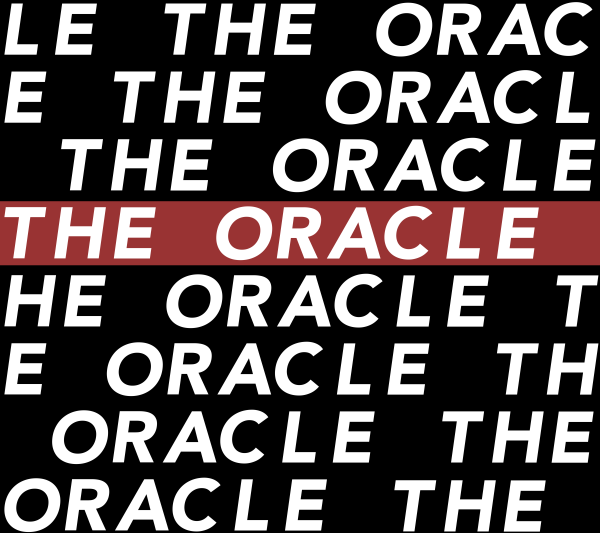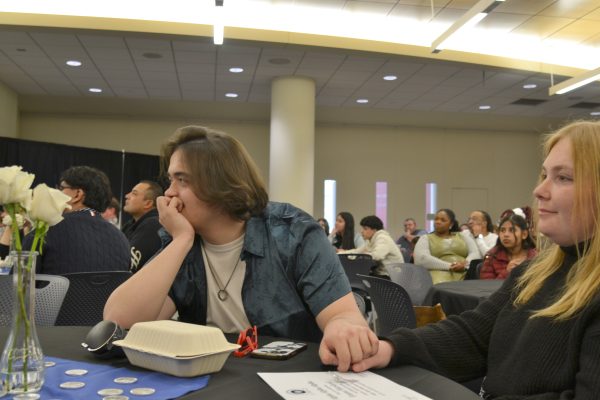Spotlight on Aida Audeh
A profile on Professor Aida Audeh, in preparation for finding an advisor.
Professor Aida Audeh sitting in her office.
October 11, 2018
“The way I look at [art history] is like learning a secret code…and art historians function as a kind of translator,” said professor of Art History and Chair of the Department of Studio Arts and Art History Aida Audeh.
Her whimsical reinvention of art historians conveys immediately her passion for her work which bleeds out of her and into those who have the opportunity to work with her.
“Aida’s best quality is her passion… which is well displayed in all her classes, and infectious in many of her students,” Sophie Donahue, a sophomore and Studio Art and Art History double major said. “Aida converted me to being a double major with art history.”
Audeh believes so intensely in her field and the ways in which art history offers more to the mind than people might believe.
“We [art historians] describe works of art, contextualize them… and try to understand how art both reflects the culture that has created it but also helps create that culture,” Audeh said.
Hamline professor of History John Mazis was eager to sing Audeh’s praises.
“Professor Audeh has been a valuable and active member of the Hamline community. Her tireless championing of best practices and excellence in academia are designed to benefit both students and faculty,” Mazis said.
Audeh’s commitment to engaging with the rest of campus is not shocking when looking at the interdisciplinary study required of art historians.
“In order to understand how works of art function within their time and place you have to understand history… concepts of sociology… [and] political science and political history, it would be helpful to know a little bit of psychology and… anthropological methods can be useful,” Audeh said.
The list does not stop there though.
“At some levels you look at the larger cultural context so knowing something about the literary history and philosophical developments of a certain point and… some understanding of religion in a certain culture… we really have to understand human beings and human civilization in a lot of different ways,” Audeh said.
Hearing Audeh speak so highly for her field is what creates instant connections between her and her students.
“Aida’s best quality is her passion for her subject which is well displayed in all her classes and infectious in many of her students,” Donahue said.
Audeh’s love for her field was not something she found right away in life but rather took time to explore and develop.
“As a college student my majors were psychology and philosophy and then I went on to law school,” Audeh said. “I worked in state legislature writing law and legislation and I was comfortable but I wasn’t very happy with it.”
It was while she took art appreciation classes at a local museum that she found art history and has not looked back since.
“I was not a committed student [in college],” Audeh said. “I didn’t really become serious about my school work until graduate school when… I really developed a passion for learning about my field… I’ve really just fallen in love with it and found what made me really happy.”
Others have noticed Audeh’s passion.
“The energy and dedication that she brings to her various tasks are nothing short of astonishing,” Mazis said.
Audeh’s advice to students is to absorb the passion not just from her but all the faculty here on campus.
“Really take full advantage of… all these great faculty who are all experts in their fields and want to share their passion… take advantage of that abundance of passion… absorb it, learn about it and carry it with you when you get older.”
One last thing Audeh wanted to make sure everyone knew is her stance on cats versus dogs.
“I’m a definite cat person,” Audeh said.






